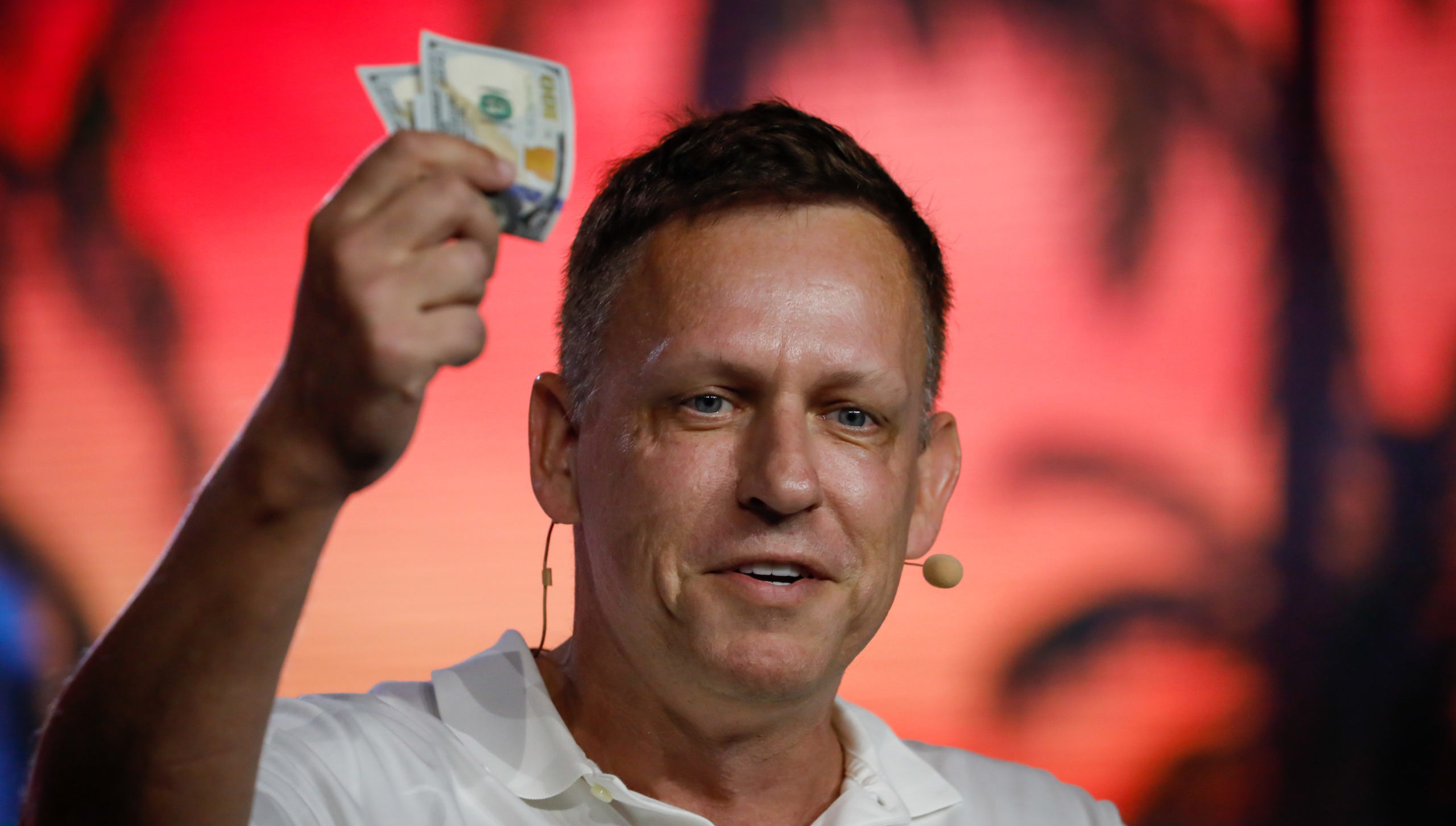Have we passed Peak Progress? Do we need to live within our limits? Both Left and Right are hopelessly muddled on this question.
Anyone who’s in London this Thursday and interested in these debates may enjoy a forthcoming talk at the British Interplanetary Society, by Dr Richard McNeill Douglas of the Centre for Understanding Sustainable Prosperity. In Douglas’s view, 1972 really was the apex of modernity: the year that saw Apollo 17 visit the Moon for the last time, and also the year the Club of Rome released its report Limits to Growth, which argued that infinite growth is impossible on a planet with finite resources.
A great deal of today’s political paralysis on environmental issues, Douglas will argue, comes from not having grasped the contradiction between this frontier-ist vision of infinite human expansion and the simultaneous realisation that this vision must eventually hit the hard barrier of limited resources. Indeed, both sides of the legacy political aisle are riddled with contradictions over technology.
The mainstream Left will agree that we must urgently slash emissions to curb climate change. But, it’s implied, we must manage this somehow without imperilling the many liberating aspects of high-emissions culture, such as economic development, birth control, or domestic washing machines.
For the mainstream Right, meanwhile, the idea seems to be that we should roar ahead with economic development. And yet, implicitly, this should be managed somehow without the ongoing liquefaction of aesthetic, social and cultural norms that inevitably accompanies technological advancement.
For the Tory Party this insoluble dilemma has well and truly come home now, in the form of NIMBYism and the immigration debate. The growth paradigm, that is, demands more housebuilding, and more people, but the impulse to conserve demands the opposite. And every conservative domestic dispute is now fundamentally characterised by the fact that pursuing economic growth implicitly means degrading quality of life for their core electoral constituencies.
There are of course voices on both sides who see the contradictions — and many who want tech to break the deadlock. One such, on the Right, is tech investor and philanthropist Peter Thiel, who — like Douglas — dates an era of ‘stagnation’ from the release of Limits to Growth. When I interviewed him earlier this year, Thiel explained that he views this as a problem that needs to be resolved by restarting technological advancement and returning to the unbridled tech-vanguardism that gave us the Apollo mission. Whether that’s biotech, space exploration or curing dementia, Thiel’s philanthropy is, like his tech investment, focused on re-orienting the culture — especially on the Right — toward an unabashed focus on the future.
Meanwhile, on the other side, eco-modernism appears to have largely captured the progressive consensus on how we get out of the increasingly obvious difficulties posed by climate change. But as that programme has begun to roll out, from the top down, many on the receiving end experience it less as green progress than as class war.
Unsurprisingly, then, dissidents are emerging on all sides. It’s difficult to see, for example, how Thielite tech-optimism squares with the type of ‘trad’ conservative subculture that reads G.K. Chesterton and Wendell Berry, and takes an interest in regenerative agriculture. Meanwhile, the emerging eco-modernist ‘green’ consensus leaves formerly Left-wing tech-sceptics such as Paul Kingsnorth profoundly concerned that anything which opposes this vision of tech-enabled limitlessness is now traduced as fascist.
In this confusing maelstrom, my sense is that the emerging 21st century political divide is the one Douglas’s talk pinpoints. That is, the conflicts over how (or even if) technological advancement and growth are still in the service of humanity — or whether, implicitly, the hierarchy is now the other way round. The political realignment this is already driving will take us well beyond Left and Right.











Join the discussion
Join like minded readers that support our journalism by becoming a paid subscriber
To join the discussion in the comments, become a paid subscriber.
Join like minded readers that support our journalism, read unlimited articles and enjoy other subscriber-only benefits.
Subscribe